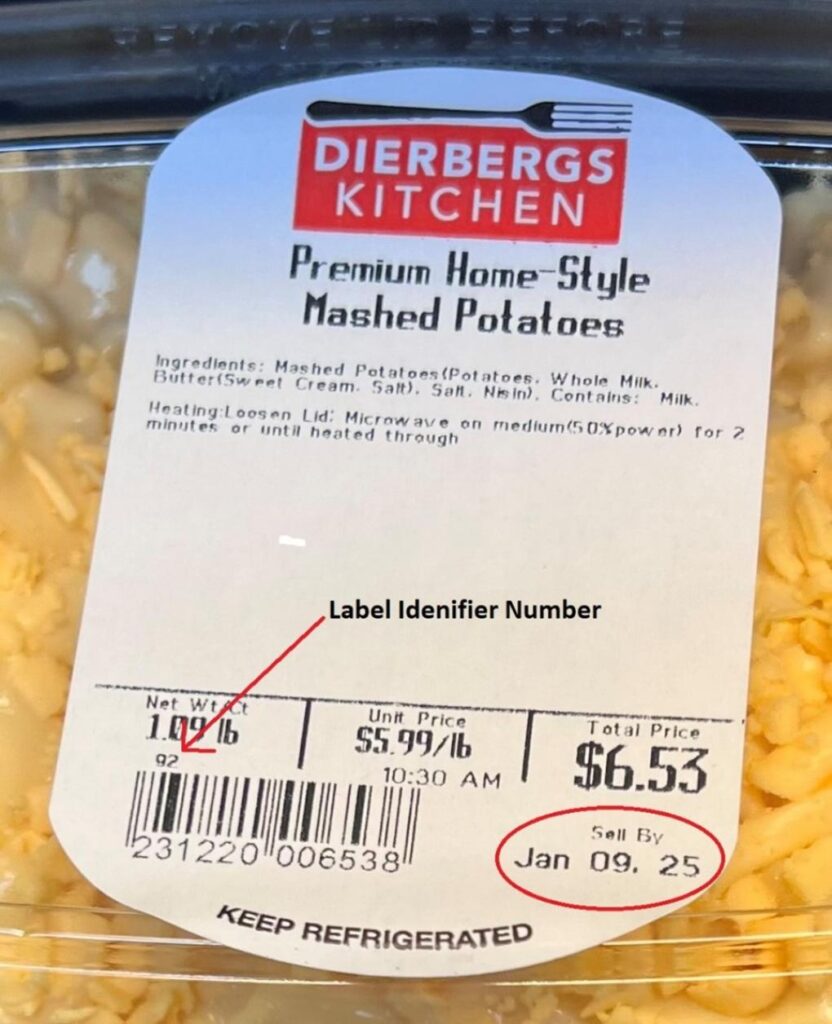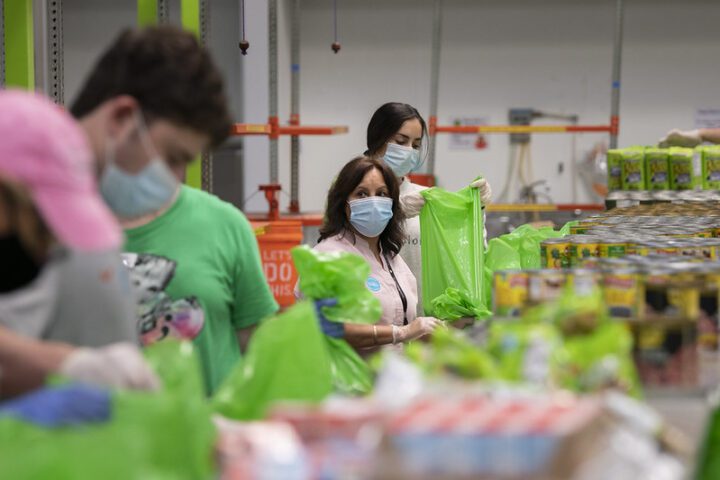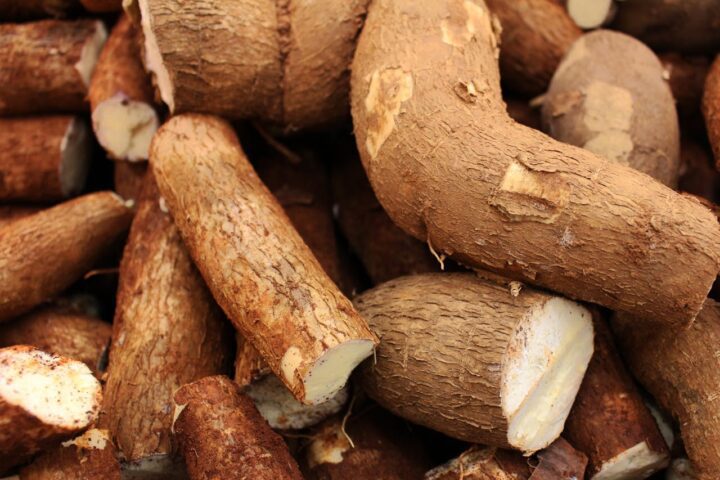A significant rise in respiratory syncytial virus (RSV) cases is pushing hospitals to their limits while new vaccines offer hope for both the very young and old. RSV remains the leading cause of hospitalization among United States infants.
The virus poses a particular threat to two key groups: infants under 8 months and adults over 75. A new vaccine, nirsevimab, has shown promising results in protecting both populations. Phase 3 trial data showed that nirsevimab cut RSV hospitalizations in healthy full-term and near-full-term infants by 77%.
“This winter is shaping up to be another worrying one for many older people,” says Caroline Abrahams, Charity Director at Age UK. “Having our vaccines when they are offered is something we can all do to help avoid serious illnesses, particularly as the weather turns cold.”
Hospital admission rates tell a concerning story. For adults aged 65-74, RSV-related admissions jumped from 0.3 to 2.92 per 100,000 patients between October and November 2024. The impact is even more severe for those over 85, with rates soaring from 1.27 to 14.05 per 100,000 – an elevenfold increase.
The CDC estimates that just over half of U.S. infants currently have RSV protection, either through direct nirsevimab administration or maternal vaccination. Countries already using nirsevimab, like the UK and France, report over 80% reduction in hospital admissions for children with RSV.
The Netherlands offers a cautionary tale of what happens without adequate protection. Dutch hospitals recently suspended certain pediatric procedures, including heart operations, as RSV cases filled roughly half their pediatric ICU beds. Health authorities there expect the vaccine, once available, to prevent about 80% of hospital admissions among young children.
For older adults, the NHS now offers RSV vaccines to those turning 75 after September 1, 2024, with a catch-up program for those aged 75-79. While flu and COVID-19 vaccines can be administered together, the RSV vaccine requires a separate appointment.
Similar Posts
Prevention remains crucial across age groups. The FDA approved nirsevimab in July 2023 for infants under eight months and at-risk children between eight and nineteen months. The vaccine’s unique approach uses monoclonal antibodies for immediate protection, unlike traditional vaccines that trigger antibody production.
Research shows the influenza vaccine is effective against hospitalization in those aged 65 and above, making it a vital tool in protecting against serious winter illnesses. However, vaccine uptake among this age group has decreased in the 2024-2025 season compared to the previous year, raising concerns about winter vulnerability.
For families and older adults alike, the message is clear: vaccination offers significant protection against severe RSV illness. RSV continues to be a significant cause of respiratory infections and hospitalizations worldwide, making the new vaccine options represent a crucial step forward in public health protection.
















